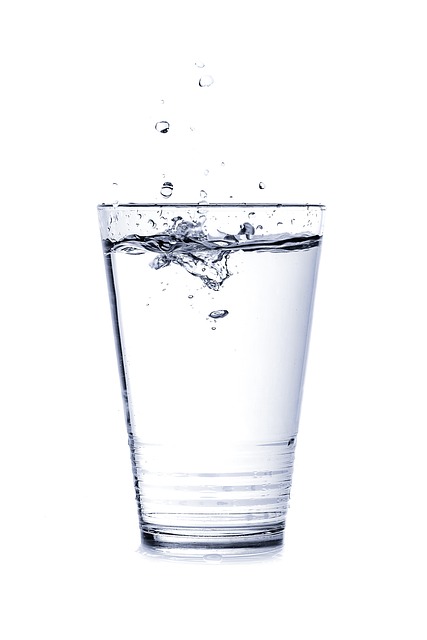30824 Dentist

Normal flow of saliva provides lubrication for swallowing and begins the process of digestion while you chew. Saliva also protects your teeth by neutralizing and washing away acids, sugars, and other particles left behind after eating. From time to time, we all experience some amount of dry mouth. Hot weather, exercise, and dehydration can all cause a temporary decrease in saliva production. However, if you have chronic dry mouth, or xerostomia, you could be at risk of serious oral health complications.
Some of the oral health issues commonly associated with dry mouth include:
· Much higher rates of tooth decay
· Oral yeast infection
· Bad breath (halitosis)
· Periodontal (gum) disease
· Constant sore throat
· Soft tissue infections
· Difficulty swallowing
· Denture discomfort
The most common cause of chronic dry mouth is medication. More than 400 over-the-counter and prescription medications include dry mouth as a frequent side effect. Dry mouth is also associated with stress, autoimmune and other systemic diseases, hormonal changes, radiation or chemotherapy treatment for cancers, and salivary gland disease.
You may find relief from dry mouth through a variety of methods. Some easy options to help alleviate your dry mouth include:
· Increased water intake
· Sugar-free candies or gum
· Artificial saliva, as recommended by doctor or dentist
· Alcohol-free mouthwash
· Limiting alcohol, caffeine, and carbonated soft drinks
· Use a humidifier to add moisture to the air in your home
· Change in medication, only as directed by doctor
Brush and floss regularly to help prevent tooth decay, gum disease, and other complications.
If you are experiencing dry mouth, make an appointment and be sure to tell our team. We will review your medications and perform a thorough dental exam to check for any potential underlying oral health issues.
For more information about dry mouth, contact our office.
Resource: http://www.ada.org/R
540 West Hill St. Harlem, GA 30824







